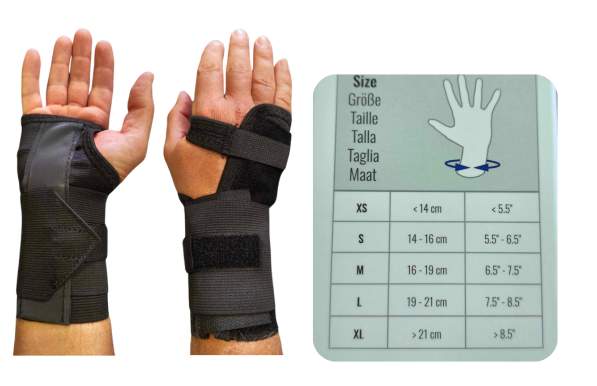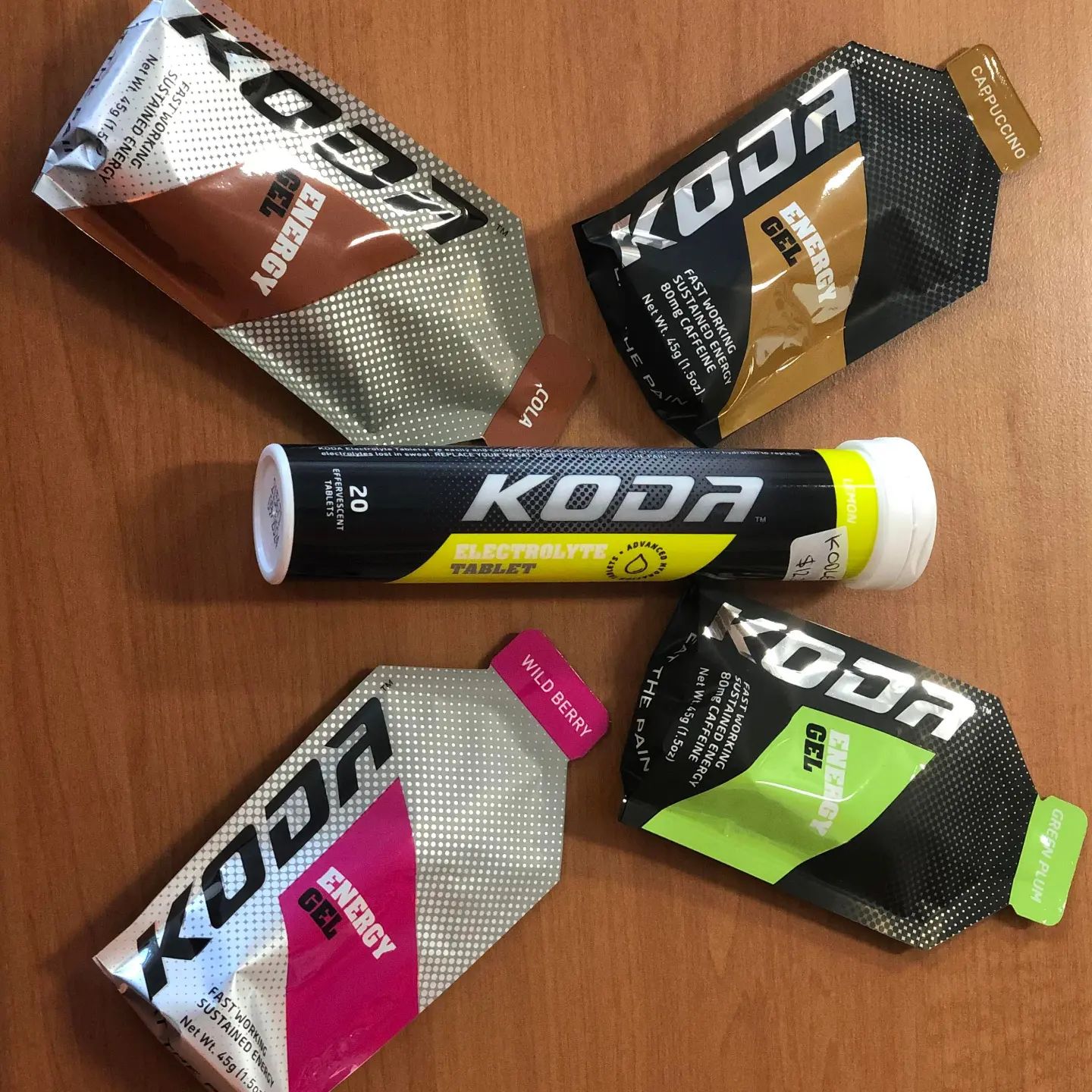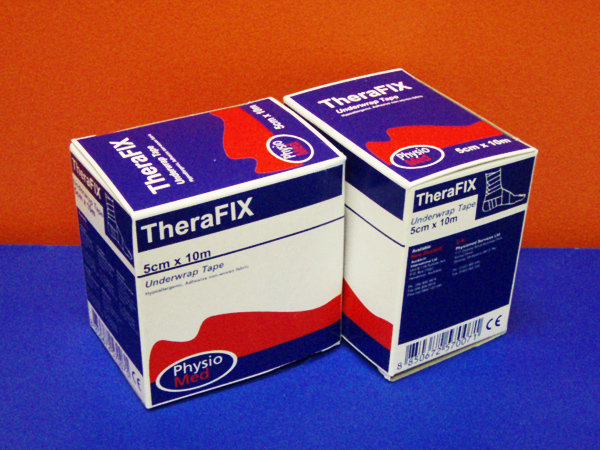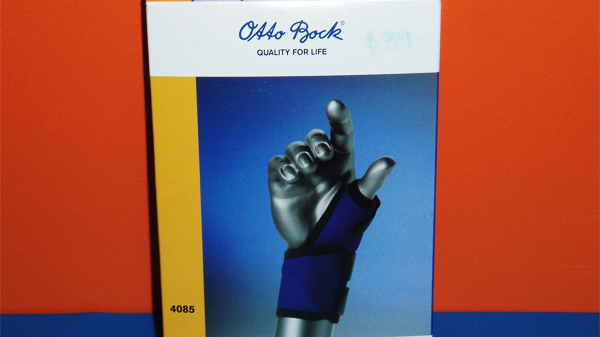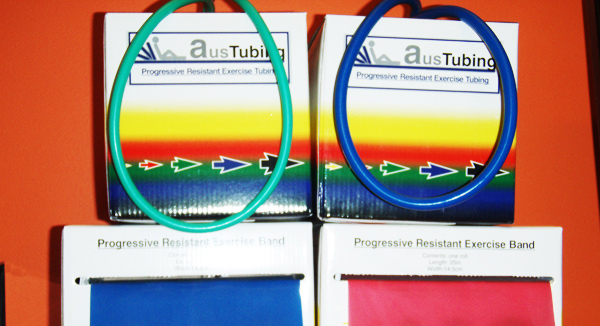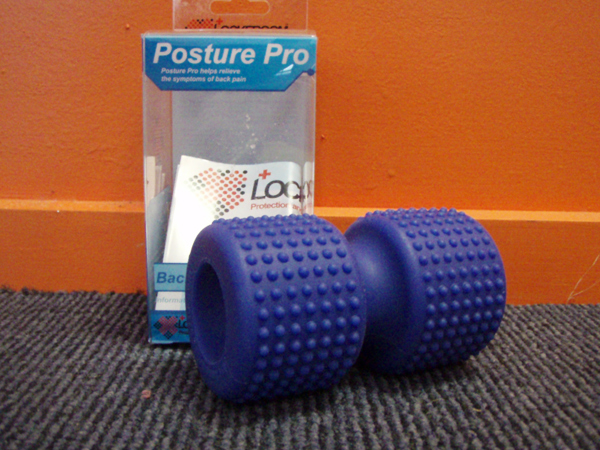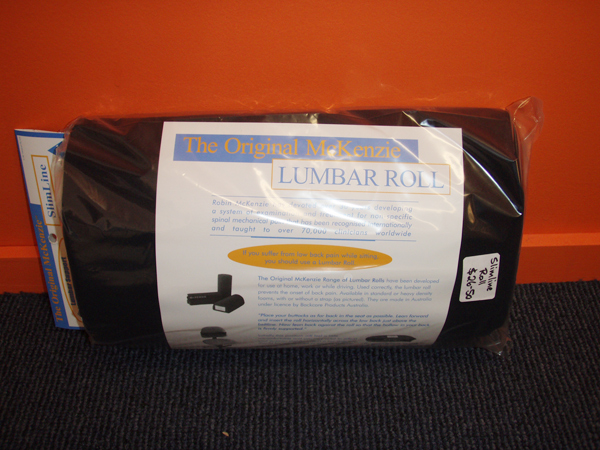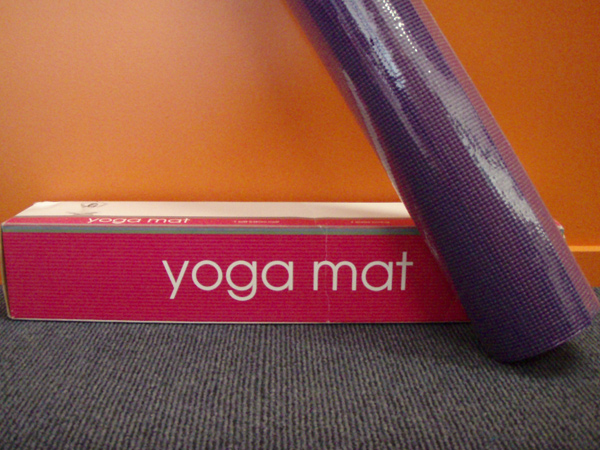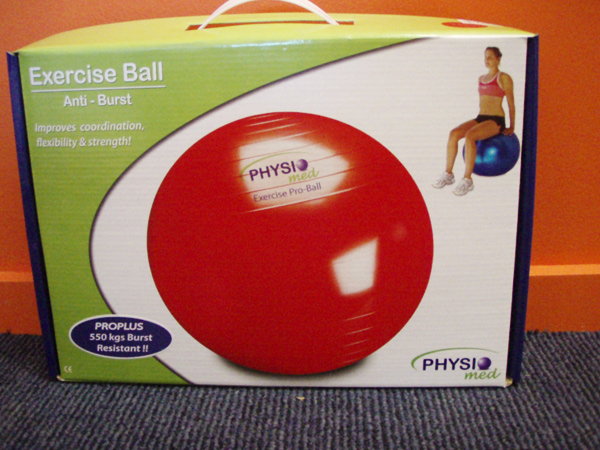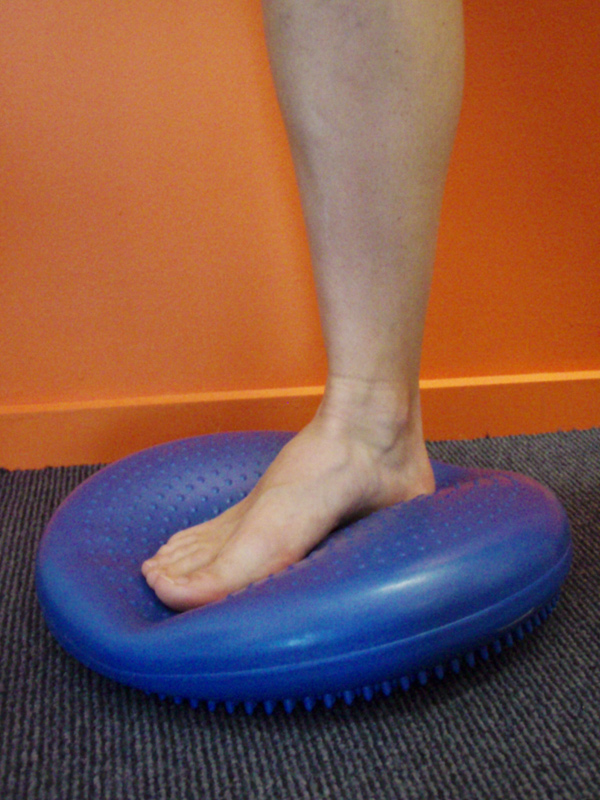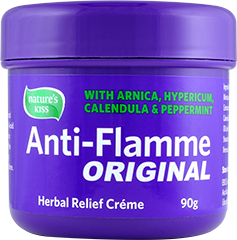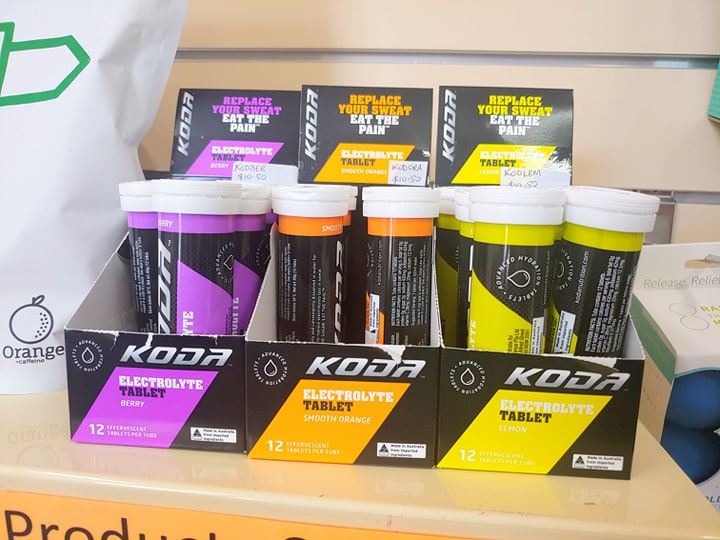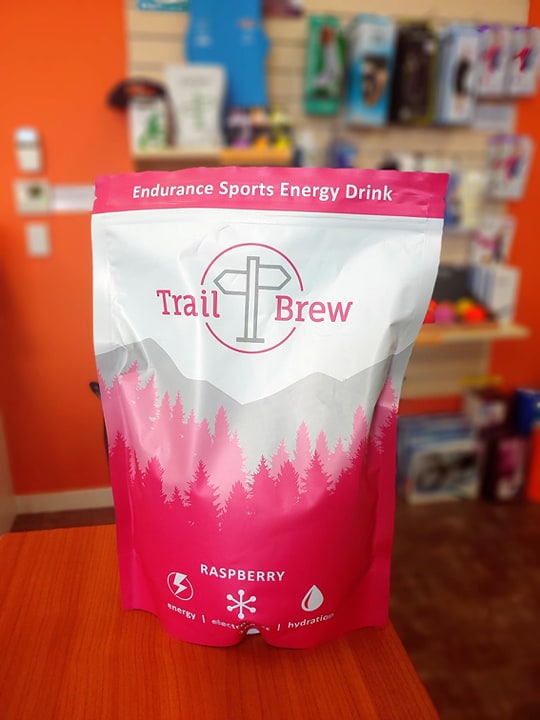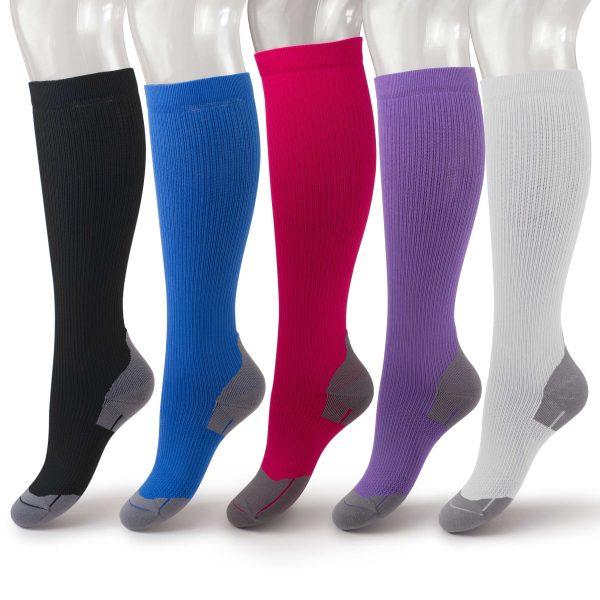How your evening food influences your ability to sleep at night
By Eatsmart Dietitians
 Did you know that Roger Federer sleeps for 11-12 hours per night? May be that’s the secret to his long career! And Usain Bolt reports that 8-10 hours sleep per night was critical for his optimal performance? Some of the world’s best athletes ensure they receive optimal sleep for recovery so what can we learn from their success strategy?
Did you know that Roger Federer sleeps for 11-12 hours per night? May be that’s the secret to his long career! And Usain Bolt reports that 8-10 hours sleep per night was critical for his optimal performance? Some of the world’s best athletes ensure they receive optimal sleep for recovery so what can we learn from their success strategy?
The first 3-5 hours of sleep is where our muscles recover so if you have walked, gone for a run, been to the gym or completed a training session that day then these first few hours are key to repairing the muscles you used in your session. The last 3-5 hours however are where your brain recovers, where you cement learning from the day and solidify skill development. This might be why if you only manage a few hours sleep, you physically feel ok but your brain feels foggy!
Did you know that nutrition plays a key role in your ability to get to sleep and stay asleep?
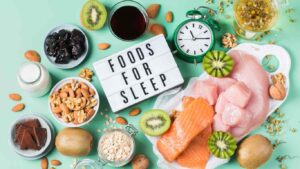 In fact, sleep is now being called a performance enhancing substance! For those of you who may have suffered from a few poor nights sleep in a row, I’m sure you can agree that actually getting even one quality nights sleep can feel like a performance enhancing drug – the world seems like a brighter, happier and more productive place!
In fact, sleep is now being called a performance enhancing substance! For those of you who may have suffered from a few poor nights sleep in a row, I’m sure you can agree that actually getting even one quality nights sleep can feel like a performance enhancing drug – the world seems like a brighter, happier and more productive place!
So what can you do to improve your sleep? The latest research points to the following key points:
Protein
Enjoying an adequate protein intake in the 1-3 hours prior to bed is key to a long and restful sleep. Research shows 20-40g of good quality protein such as that from meat, chicken or fish, or dairy products or beans or tofu gives the best outcome. So if you tend to eat dinner early you may want to include a big glass of milk or a tub of yoghurt or a protein rich snack an hour or 2 before bed to encourage better shut-eye! (you will also have the added bonus of improved muscle recovery)
Tryptophan
Melatonin is our sleep hormone and signals our brain to prepare us for sleep and also wakes us up. The building blocks to this hormone include an amino acid called tryptophan. Try including more turkey, pumpkin seeds, cow’s milk and prawns to boost your tryptophan intake.
Kiwifruit
Our NZ neighbours may well be better sleepers than we are! Especially if they consume 2 kiwifruit per day in the hour before sleep. Researchers reported improved sleep efficiency of approximately 5% in those that consumed the kiwi’s.
Omega 3’s
Parents of small children will want to read this! Some recent research looked at supplementing children with 600mg per day of high quality omega 3 and found children woke up 7 (yes 7!!) less times and slept 1 hour longer when they consumed the supplement. Research in adults also showed better quality sleep with higher omega 3 intake. So include at least 3 meals per week with high omega 3 foods such as salmon, mackerel, sardines or flaxseeds.
Antioxidants
There is also some evidence that high antioxidant foods such as berries, blackcurrants, cherries and any brightly coloured fruits & vegetables as well as nuts and seeds also seem to reduce inflammation in the body leading to better sleep
But there are some things that tend to inhibit sleep too!
 Red meat can rob you from sleep so enjoying a large steak before bed is not recommended. Small portions of red meat appear to have little negative impact so keep your red meat to 200g or less per serve.
Red meat can rob you from sleep so enjoying a large steak before bed is not recommended. Small portions of red meat appear to have little negative impact so keep your red meat to 200g or less per serve.
A large meal of any type also seems to affect sleep negatively, mostly due to increasing your body temperature.
Alcohol and smoking are also inhibitory to sleep so avoid these for a great nights sleep.
For more information, Visit our Dietitians at either Ashmore or Burleigh Clinics, phone 07 5500 6470 or simply book online 🙂

